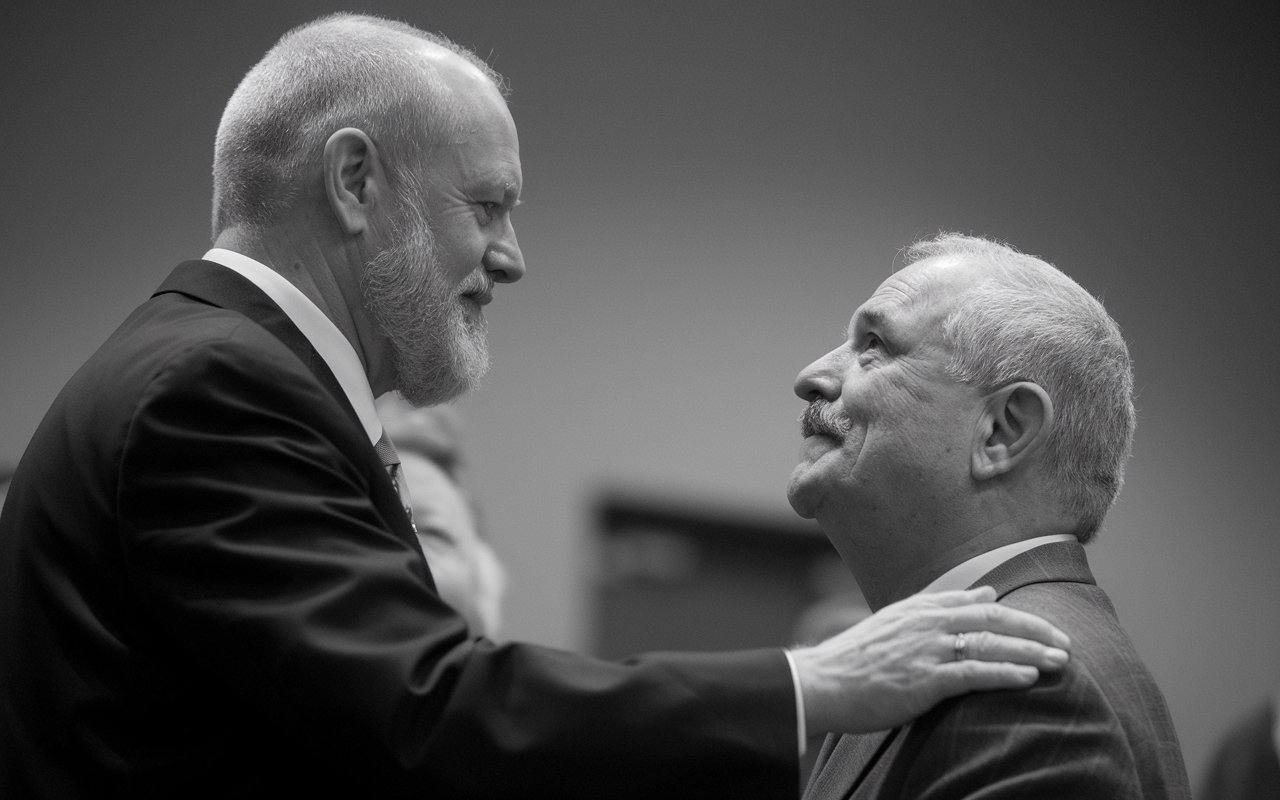In politics, the most powerful leaders aren’t the ones who talk the loudest—they’re the ones who listen the most. As Dale Carnegie writes in How to Win Friends and Influence People, “If you want to know how to make people shun you and laugh at you behind your back and even despise you, here is the recipe: Never listen to anyone. Talk incessantly about yourself.”
Listening is more than just hearing words—it’s about understanding people’s needs, values, and concerns. For candidates, listening is the foundation of building trust, fostering loyalty, and crafting a message that truly resonates.
Why Listening Matters in Politics
1. It Builds Trust
When voters, volunteers, and staff feel heard, they’re more likely to trust your leadership. Listening demonstrates that you value their input and take their concerns seriously.
2. It Uncovers What Truly Matters to People
Every community has unique challenges, and every voter has their own priorities. By actively listening, you gain insights into what issues matter most, allowing you to tailor your platform and messaging accordingly.
3. It Creates Personal Connections
In a world of soundbites and social media, genuine connection can feel rare. When you listen to someone, you make them feel important—and that’s a feeling they won’t forget at the ballot box.
How to Listen Effectively
1. Ask Open-Ended Questions
Encourage people to share their thoughts by asking questions that can’t be answered with a simple “yes” or “no.”
- Example: “What’s the biggest issue facing our community right now?”
2. Focus on Understanding, Not Responding
Resist the urge to plan your reply while someone is speaking. Instead, focus on their words and the emotions behind them.
- Tip: Repeat back what you’ve heard to show you understand.
- Example: “So what I’m hearing is that affordable housing is a major concern for you and your neighbors.”
3. Use Non-Verbal Cues
Show that you’re engaged by maintaining eye contact, nodding, and avoiding distractions like checking your phone.
4. Follow Up
Prove that you were listening by taking action or referencing past conversations.
- Example: “I remember you mentioned road safety was a concern last time we spoke. Here’s what we’re doing about it.”
Listening on the Campaign Trail
1. Town Halls and Listening Sessions
Host events where voters can share their concerns directly with you. Structure these events to prioritize listening over speeches.
2. Canvassing Conversations
When knocking on doors, focus on asking voters about their priorities instead of simply pitching your campaign.
- Example: “What changes would you like to see in our community?”
3. Social Media Engagement
Use social media platforms not just to share your message, but to actively engage with voters’ comments and questions.
4. Staff and Volunteer Meetings
Listening isn’t just for voters—it’s also essential for your team. Create an environment where staff and volunteers feel comfortable sharing their ideas and feedback.
Historical Examples of Leaders Who Listened
1. Abraham Lincoln
Lincoln was known for listening to opposing viewpoints, even from his own Cabinet. His ability to understand differing perspectives helped him navigate one of the most challenging periods in American history.
2. Barack Obama
During his 2008 campaign, Obama’s team prioritized listening to voters through grassroots organizing, creating a platform that reflected the needs of everyday Americans.
3. Ronald Reagan
Reagan often credited his success to his ability to listen to the concerns of average Americans, which shaped his policies and strengthened his public image as “The Great Communicator.”
The Benefits of Listening in Politics
- Stronger Relationships: People support leaders who value their opinions.
- Better Messaging: Listening helps you craft a platform that truly resonates with voters.
- Increased Loyalty: When people feel heard, they’re more likely to stay engaged and supportive.
Final Thoughts
In politics, listening isn’t just a skill—it’s a superpower. By taking the time to genuinely hear the voices of your constituents, your team, and even your critics, you build trust, foster loyalty, and create a campaign that truly represents the people.
As Dale Carnegie reminds us, “You can make more friends in two months by becoming interested in other people than you can in two years by trying to get other people interested in you.”
Ready to create a campaign that listens and leads? At Next Generation Political Consulting, we help candidates connect authentically with voters and build trust through active listening. Let’s craft a strategy that inspires action and strengthens relationships.

